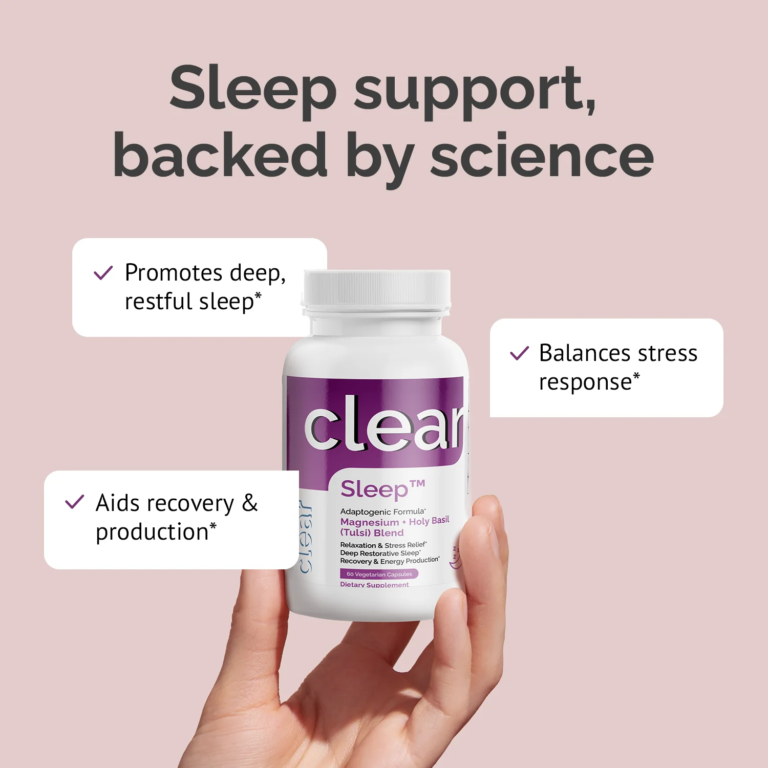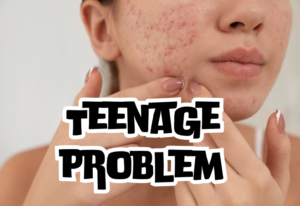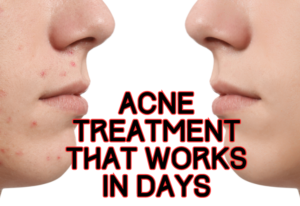
In-Depth Insights on Sleep Apnea
Understanding the Basics of Sleep Apnea
Ever questioned why, despite getting a full night’s sleep, you still feel exhausted? Now for sleep apnea, a less than ideal sleep disruptor. It’s like a cunning antagonist interfering with your breathing in a dreamlike state.
You may wonder what sleep apnea is. Imagine, then, that your breaths are short during the night. Not hip, huh? That’s sleep apnea, a disorder that causes your breathing to stop while you’re trying to get some Zs.
Let’s keep things basic for now. There are two primary types: the first occurs when your throat muscles engage in a game of “let’s block the airway,” and the second occurs when your brain malfunctions and fails to provide the proper signals to maintain normal breathing. It’s a bit of a sleep party crasher either way.
How can you tell if this is an unexpected visitor? If you wake up feeling exhausted and drowsy, perhaps from running a marathon, pay attention to loud snores.
The good news? It is curable! There are methods to show sleep apnea the door, from high-tech devices that improve breathing to developing a close bond with your side during the night.
A common sleep problem that affects millions of people worldwide. The purpose of this page is to give a thorough overview of sleep apnea, illuminating its causes, signs, and possible treatments.
To put it briefly, sleep apnea disrupts your sleep like a night ninja, but you can overcome it and resume having restful evenings.
Unraveling the Causes of Sleep Apnea
Numerous factors, including as genetics, weight, and anatomical abnormalities, might contribute to sleep apnea. For management and treatment to be effective, it is imperative to comprehend these underlying causes.
Recognizing the Symptoms
Early detection of sleep apnea is essential. Common symptoms include loud snoring, sudden awakenings with dyspnea, and chronic weariness. If you or someone you know exhibits these symptoms, you should definitely consult a medical expert.
The Impact of Sleep Apnea on Overall Health
Beyond only interfering with sleep, sleep apnea is associated with serious health hazards. The effects range widely, from cognitive decline to cardiovascular problems.
Cardiovascular Consequences
Research has established a clear link between untreated sleep apnea and cardiovascular problems. Individuals with untreated sleep apnea are more likely to suffer from conditions including heart disease and hypertension.
Cognitive Impairment and Mental Health
Decision-making, memory, and focus can all be negatively impacted by sleep apnea-related sleep deprivation. It might also exacerbate mental health conditions including anxiety and sadness.
Diagnosing Sleep Apnea
An early diagnosis is essential for good treatment. Medical practitioners evaluate the severity of sleep apnea and choose the best course of therapy using a variety of diagnostic instruments.
Polysomnography: The Gold Standard
A sleep study, or polysomnography, is frequently the main diagnostic method. It keeps track of a number of physiological data as you sleep, which aids medical professionals in assessing your breathing patterns and spotting irregularities.
Home Sleep Apnea Tests
For some people, particularly those with less severe symptoms, home sleep apnea tests offer a quick and efficient way to get a diagnosis. During sleep, these tests usually track heart rate, oxygen saturation, and breathing patterns.
Treatment Options for Sleep Apnea
Many therapy methods are available to manage and reduce sleep apnea symptoms once the condition has been recognized. Personalized treatment plans are essential for the best results.
Continuous Positive Airway Pressure (CPAP) Therapy
One common and very successful treatment for sleep apnea is CPAP therapy. It entails covering the mouth or nose with a mask as you sleep to continuously stream air into your airways to keep them open.
Lifestyle Modifications
A few lifestyle modifications, such as weight management, abstaining from alcohol and sedatives before bed, and sleeping on one’s side, can greatly lessen the severity of sleep apnea.
Surgical Interventions
Surgical interventions may be explored in extreme situations or when non-surgical treatments are not working. Anatomical problems causing sleep apnea are addressed by procedures like genioglossus advancement (GA) and uvulopalatopharyngoplasty (UPPP).
How CBD May Revolutionize Your Sleep Experience
Cannabidiol, or CBD, has come to light as a possible treatment for sleep-related problems. CBD interacts with the body’s endocannabinoid system, increasing relaxation and lowering anxiety. CBD is well known for its soothing effects. Research indicates that CBD may help control sleep cycles, reduce insomnia, and enhance the general quality of sleep. Its capacity to reduce tension and discomfort might support more restful sleep. When people explore for natural alternatives, CBD is a potential option for those who want to improve their sleep quality without dealing with the negative effects of conventional sleep aids. A healthcare provider should always be consulted before introducing CBD into your daily regimen.
Prioritizing Sleep Health
The first step in managing sleep apnea effectively is knowing the condition. Through early detection of symptoms and investigation of available treatments, people can reduce the negative effects of sleep apnea on their health. If you think you may have sleep apnea, get help from a doctor right away. Your health and welfare are at stake.





